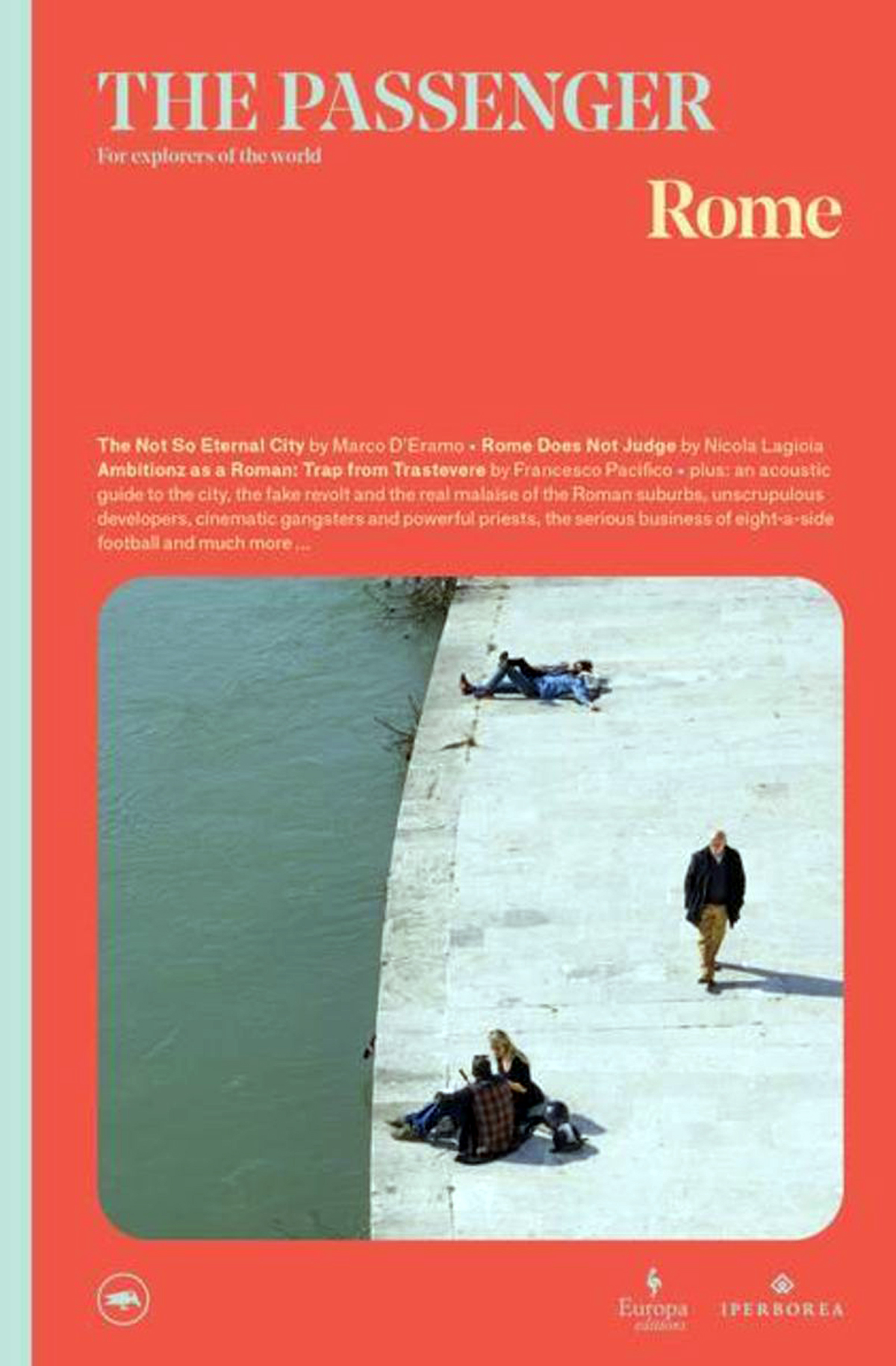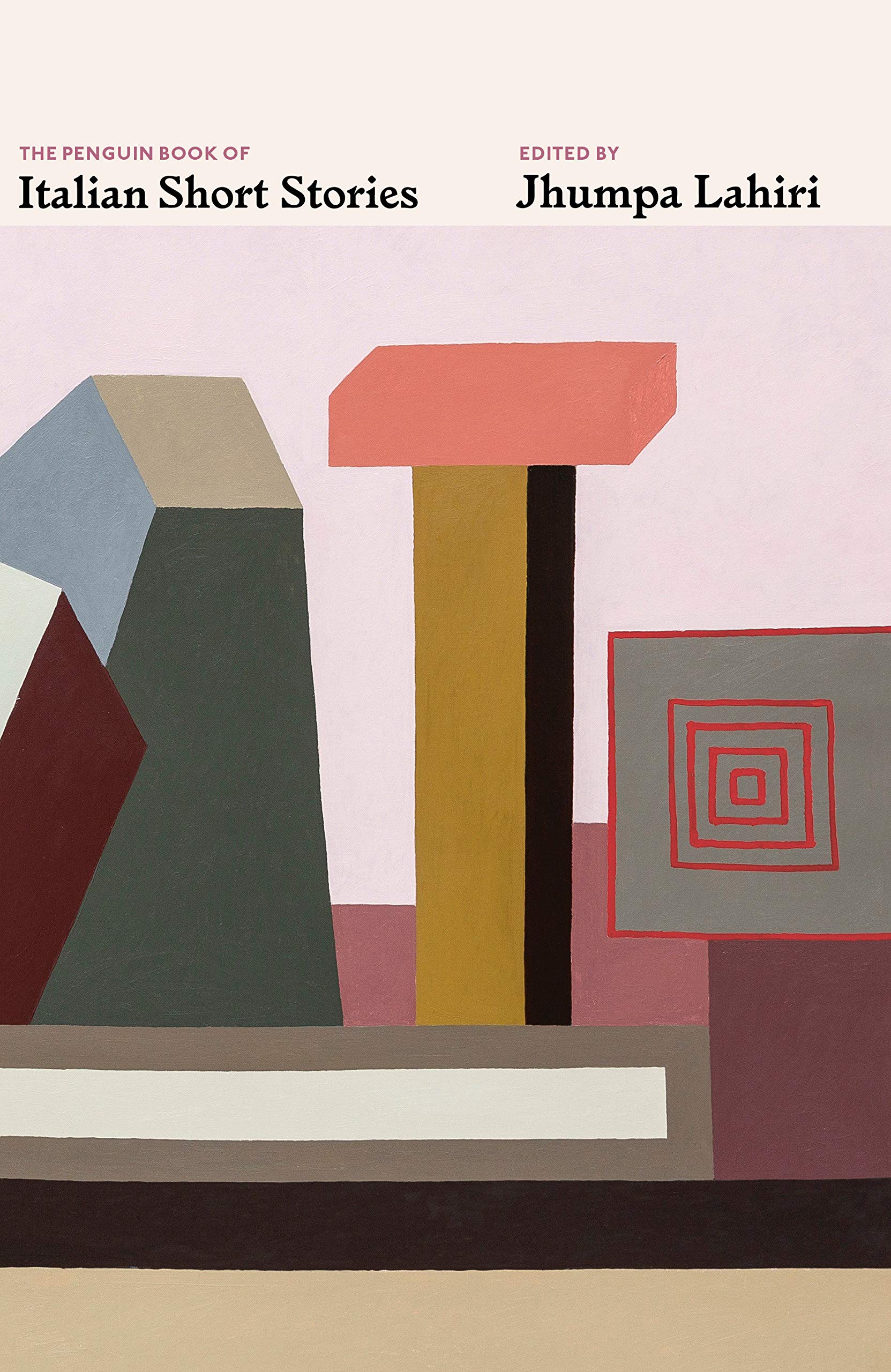The Passenger: Rome
22,00 €
IN THIS VOLUME: Rome doesn’t judge you by Nicola Lagioia・The soul of the city by Matteo Nucci・39 memos for a book about Rome by Francesco Piccolo・Plus: a guide to the sounds of Rome by Letizia Muratori; the feigned unrest and real malaise of the suburbs; the influence of the Vatican; the excessive power of real estate speculators and the rule of gangs; disillusioned trappers; football fans of every age, and much more...
If you believe what’s currently being said about Rome—in the media and by its residents—the city is on the verge of collapse. Each year, it slips further down the ranking of the world’s most liveable cities. To the problems faced by all large capitals—hit-and-run tourism, traffic, the divide between elegant, Airbnb-dominated city centers and run-down suburbs—in recent years Rome seems to have added a list of calamities of its own: a string of failing administrations, widespread corruption, the resurgence of fascist movements, rampant crime. A seemingly hopeless situation, perfectly symbolized by the fact that Rome currently leads the world in the number of self-combusting public buses. If we look closer, however, this narrative is contradicted by just as many signs that point in the opposite direction. Above all, the lack of the mass migration one would be except in these circumstances: the vast majority of Romans don’t think for a second of “betraying” their hometown, and the many newcomers who have populated it in recent decades are often indistinguishable from the natives in the profound love that binds them to the city. Rome is a place of contradictions and opposites: an “incredibly deceptive city”, always different from what it appears to be. It is thought to be large but it is actually immense, the largest metropolis in Europe. Most important, contrary to the most common and least accurate stereotype about it, Rome is a profoundly modern city. While the city itself was founded almost three millennia ago, 92 per cent of its buildings have been built after 1945. The bottom line is that, in order to understand Rome and fix its problems, we should start considering it a normal city, “not unlike Chicago or Manchester.” Only, incomparably more beautiful.
SPESE DI SPEDIZIONE
Roma: € 3,00
Italia: € 6,00
Per quantità superiori a 1 non vengono applicate spese di spedizione.
Vuoi spedire all’estero? richiedi un preventivo a comunica@altroquando.com
5 in stock
INFO
Nicola Lagioia.
Born in Bari, Lagioia debuted as a novelist in 2001 with Tre sistemi per sbarazzarsi di Tolstoj (senza risparmiare se stessi).With his novel Riportando tutto a casa he won several awards, including the 2010 Viareggio Prize.In 2013 and in 2014 he was among the film selectors of the Venice International Film Festival.In 2015 he won the Strega Prize with the novel La ferocia (a.k.a. "The ferocity").





